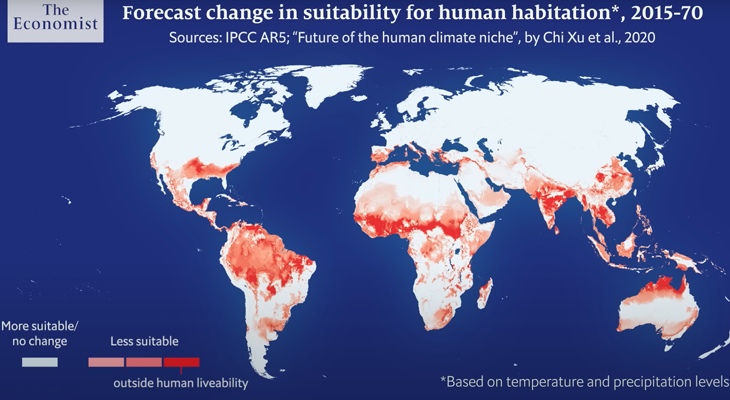Impact Investment, Global Warming and Migration


In low-income countries, the effects of global warming are not a distant threat but a present reality. Impact investments directed towards green ventures can fund renewable energy projects, sustainable agriculture, and innovative waste management solutions, directly contributing to the mitigation of climate change.
Similarly, by funding enterprises that create employment and foster economic growth, impact investment can address one of the root causes of illegal migration – the lack of viable livelihood options. When people find meaningful work and fair wages in their home countries, the incentive to migrate under dangerous and illegal circumstances diminishes.
Our investments are an extension of our values
As we navigate this complex investment landscape, it's vital to remember that our investments can be an extension of our values. This means seeking opportunities with clear and demonstrable impact. We can achieve this by investing directly in projects or companies that address pressing issues like climate change, social inequality, and the root causes of illegal migration in low-income countries.
My honest opinion about ESG ETFs & Funds
In the realm of modern finance, Environmental, Social, and Governance (ESG) investing has taken center stage, presenting what appears to be an ideal intersection of values and value. ESG ETFs and funds have proliferated, promising investors the golden opportunity to align their portfolios with their principles. However, as we delve deeper, a critical question emerges: Do these ESG solutions truly make a tangible, traceable impact in addressing global warming?
“ With more funds labeling themselves as 'sustainable' or 'green,' it becomes increasingly challenging for investors to discern genuine ESG commitments from mere marketing tactics. ”
As a former Portfolio Manager at one of the most prestigious banks in Belgium, I was initially enthusiastic about the EU-SFDR regulation concerning Sustainable Finance. But when confronted with how it was presented to clients and the composition of ESG funds that included companies like Total Energies, my enthusiasm quickly waned.
My primary concern with listed ESG investments, such as ETFs and funds, is their lack of traceability and transparency. Investors often find themselves in the dark about where their money is going and whether it's genuinely making a positive impact on the lives of real people — people with faces, names, and real locations. When you invest in these ETFs, your only certainty might be about whom the fund management fees went to. If we want to reverse climate change, mitigate migrations, and curb illegal businesses such as human and drug trafficking, this gap in information must be addressed.